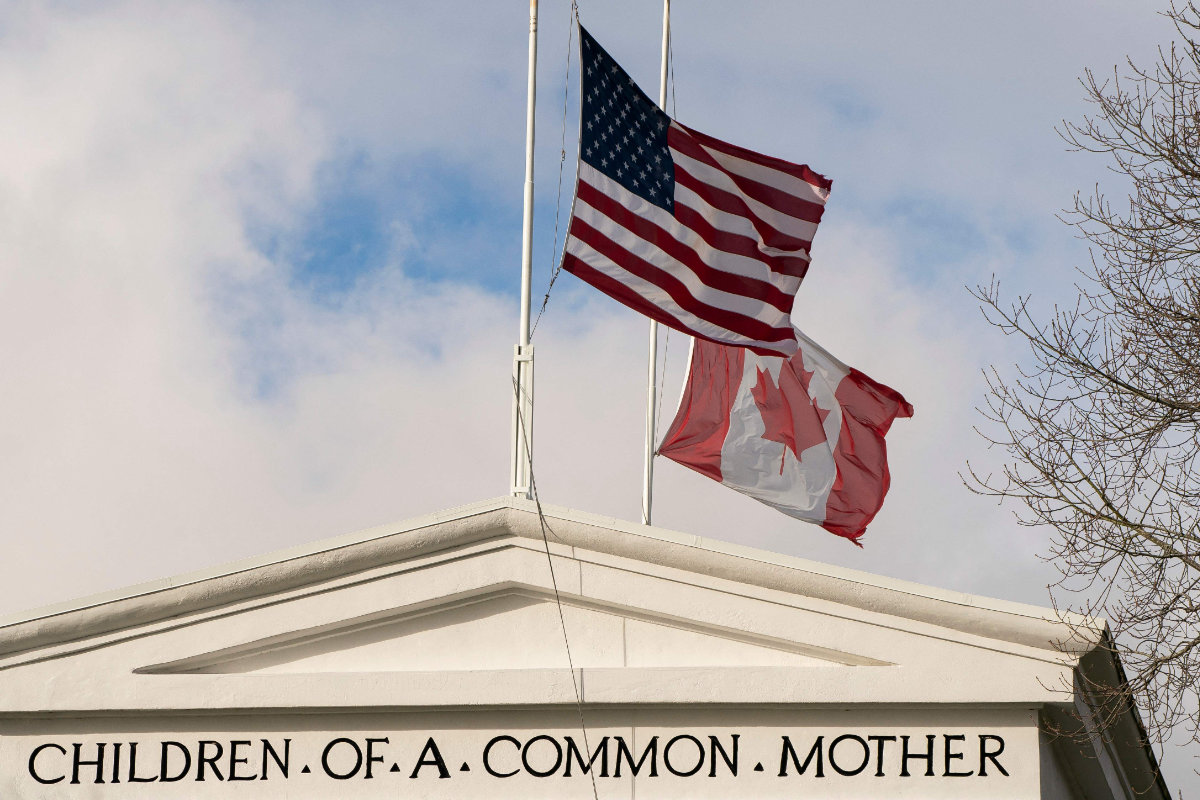MOSCOW: Russia said on Sunday that the United States was responsible for a Ukrainian attack on the Russian-annexed Crimean peninsula with five US-supplied missiles that killed four people, including two children, and injured 151 more.
The Russian Defense Ministry said four of the US-delivered Army Tactical Missile System (ATACMS) missiles, equipped with cluster warheads, were shot down by air defense systems and the ammunition of a fifth had detonated in mid-air.
Footage on Russian state television showed people running from a beach and some people being carried off on sun loungers.
Russian-installed authorities in Crimea said missile fragments had fallen just after noon near a beach on the north side of the city of Sevastopol where locals were on holiday.
The incident generated a furious reaction among Russian public figures.
The Defense ministry said US specialists had set the missiles’ flight coordinates on the basis of information from US spy satellites, meaning Washington was directly responsible.
“Responsibility for the deliberate missile attack on the civilians of Sevastopol is borne above all by Washington, which supplied these weapons to Ukraine, and by the Kyiv regime, from whose territory this strike was carried out,” the ministry said.
Russia annexed Crimea in 2014 and now views the Black Sea peninsula it as an integral part of its territory, though most of the world considers it still part of Ukraine.
Russian President Vladimir Putin sent tens of thousands of troops into Ukraine on Feb. 24, 2022, in what he cast as a defensive move against a hostile and aggressive West. Ukraine and the West say Russia is waging an imperial-style war.
The United States began supplying Ukraine with longer range ATACMS missiles, which have a 300-kilometer (186-mile) range, earlier this year.
Reuters was unable to immediately verify battlefield reports from either side.
TREATING THE INJURED
Russian-installed Sevastopol Governor Mihail Razvozhaev put the death toll at four, with 144 injured, including 82 taken to hospitals. Twenty-seven children were among the injured.
Specialist doctors were being flown in from other parts of Russia.
Russia will respond to Sunday’s attack, the Defense Ministry said, without elaborating. The Kremlin said Putin had been “in constant contact with the military” since the attack.
Dmitry Medvedev, Deputy Chairman of the Security Council and a leading voice among Russian hawks, described the incident as “a vile, despicable act against our people.”
He likened it to attacks carried out by gunmen on Sunday against a synagogue, a church and police post in Dagestan and said there was “no difference to us” between the US administration, Ukrainian leaders and “crazy fanatics.”
Russian Orthodox Patriarch Kirill, a prominent supporter of the invasion, said there “was no justification whatsoever for a missile strike on civilians” and expressed indignation that the incident occurred on the Orthodox holiday of Trinity.
Neither Ukraine nor the United States has commented on the attack, which came on a day when Ukraine said one person had been killed and 10 others wounded by Russian strikes on the eastern Ukrainian city of Kharkiv.
Putin has repeatedly accused the US of using Ukraine to undermine Russia’s own security, which Kyiv and its Western allies deny, and has warned of growing risks of a direct confrontation between Moscow and the US-led NATO alliance.




























